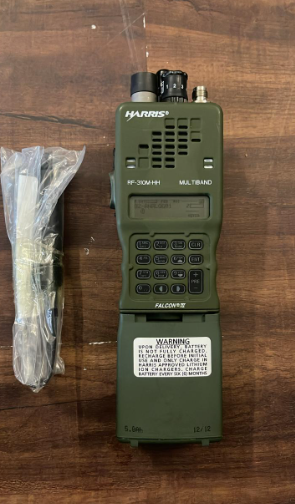The laundering process involves bypassing the regulations and checks and mixing black money with white money. In response to this growing crime, stricter AML Compliance laws are introduced annually.
What are the Anti Money Laundering laws? Read and discover how the AML mandate pushes Fintech companies and digital banks to be safer and protected.
What is Money Laundering?
Money laundering is a financial crime that involves hiding the money trail that links to illegitimate sources. These sources of wealth or assets can be from activities like selling drugs, human trafficking, bribery, and corruption.
Money laundering is usually associated with anonymous profiles, identity thieves, and PEPs (politically exposed persons). This can be done through 3 basic steps.
- Placement
- Layering
- Integration
What Does AML mean?
AML – Anti-Money Laundering is a set of rules and regulations designed to combat fraudsters and launderers.
It consists of procedures to confirm and verify the identities of the customers. It is screening profiles and categorizing them into low-risk and high-risk clients against its legislation. The verification process helps businesses classify users that are suspicious of laundering money.
What is Digital Onboarding for Companies?
Digital onboarding is a process in which businesses hire new customers online, sign contracts for new deals, or provide services to a user.
As firms are getting comfortable with remote onboarding, cybercriminals are evolving to find ways to hack the systems for illegal monetary gain. Therefore, institutions like FATF and CTF are compelling onboarding processes to be exhaustively risk-based.
Why do Business Sectors need To Integrate AML Monitoring?
There are various reasons a business requires to integrate AML compliant system. The consequence of all these reasons is losing billions of dollars in fines or penalties.
To back this up, an international bank HCBC had to lose $85 million because it failed to record SARs.
This is just one example; countless fintech institutions face the loss of significant assets and wealth.
Now let’s dive into why firms need AML Monitoring to avoid facing financial loss:
- Reliable Reputation
- Compliance with regulatory authorities
- Better Customer Experience
- To prevent violating any sanction or wanted list
What Type Of Firms Use AML Verification?
With the growth of digitization, the fears of companies are also growing. They are concerned about faulty security systems that may allow launderers to misuse their platform for illegal benefits. As AML verification laws are getting stricter, these are the main industries that adopt them.
- Insurance Companies
- Banks
- Crypto Trade
- Gaming industry
How AML Screening is done
AML Screening is a series of steps a company takes to verify the identity of a previous or potential client. It is to avoid onboarding and opening accounts for risky customers. Moreover, the activities of a customer may change and become suspicious over time. Therefore, a constant monitoring operation is necessary.
Screening is done by,
Gathering data of a user like name, birth date, and address and then validating it against global and local databases. They can be checked against sanction lists, wanted lists, or PEPs lists. Furthermore, in businesses, a background check of UBOs (Ultimate beneficial owners) is also integral.
With the automation of AML systems, screening has become faster and more accurate. It removes human error and speeds up the process by comparing data.
After it is completed, businesses can take the next step, which is onboarding or signing deals. This risk assessment methodology helps institutions to keep an eye on criminal activities.
Features Of Effective AML Systems
- Fast screening, with AI and automated software, a good system will verify the users in a few seconds.
- The software can compare data not just locally but at a global level.
- It should have access to and stored data lists from various data sources; this allows companies to get their hands on sanction lists.
- Frequently updates itself with the new AML law updates.
- Detecting and alerting companies of massive transactions that may cross the limits of a normal transaction threshold.
The above features are vital in an AML system to stay compliant!
AML security solutions offered by Shufti Pro
If you have just entered the e-market or are searching for a strong security system for your established business, Shufti Pro has the tools to solve your problems. It is a fully automated company with all the effective AML Solutions for you. With over 1700+ datasets to compare your clients, it aims to create a seamless AML security check for digital firms.
Become an AML Compliance Business and upgrade your risk assessment with AI-powered screening of Shufti Pro.




